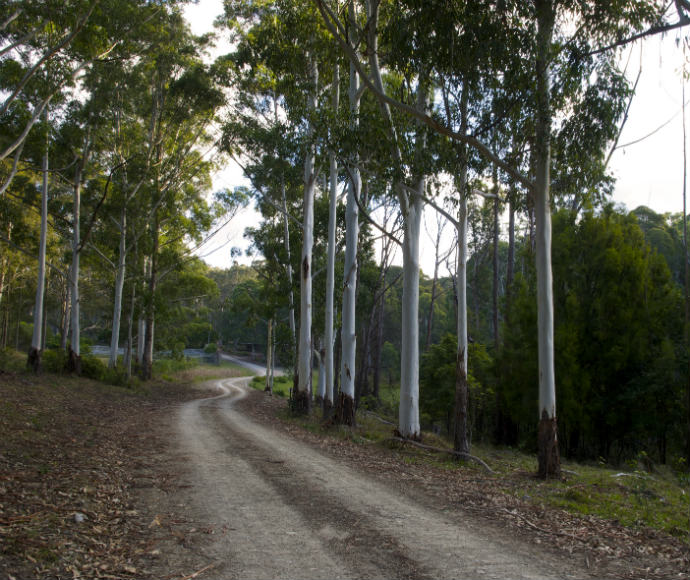Jess, who has been with Ambulance Victoria for 13 years, draws on her experience with farmers across Gippsland to have conversations about safer farm practices.
“We’re lucky enough to have that trust as soon as we walk in with this uniform, and I think that really helps when we give advice and when we express concern about safety,” she said.
In sharing her experiences as part of WorkSafe’s farm safety campaign, Jess reflected on one horrific incident involving an experienced farmer that has stuck with her.
“A piece of machinery came down on a farmer’s limb who had used the machinery hundreds of times before,” she said.
“When we arrived, it wasn’t bleeding profusely, but then as soon as the farmer let go of it, there was a lot of blood, and we could already tell that they would probably lose the limb.”
She later learnt the limb had in fact been amputated and they could no longer farm. This devastated her – a reminder that experience doesn’t make someone immune.
As WorkSafe’s emotive campaign, It’s never you, until it is, makes a return with new advertising across television, radio, print and digital media, it’s offering practical safety solutions for farmers and encouraging conversations around health and safety.
Tragically, three people in Victoria have been killed in the agriculture industry this year. This takes the number of agriculture deaths to 34 since 2019.
Communication and proactive safety measures can be the difference between life and death for Paul and Taylor Wallace who farm sheep at Ballangeich in the Western district.
“We take a proactive approach to safety. If something is broken, it can’t be used until it’s fixed. Things like making sure everyone knows that if they’re on the quad bike, they must wear a helmet,” Paul says.
“Common sense will only get you so far. Proper training and inductions for our staff must come into play because we can’t rely on common sense,” said Taylor.
WorkSafe Executive Director of Health and Safety Narelle Beer said every conversation about safety on farms helped shift the dial to prioritising safety.
“We’re working towards health and safety being a key part of farming operations, where raising concerns before they become larger issues and sharing beneficial safety advice are encouraged,” Dr Beer said.
“Things like good communication when working alone, checking in with yourself and others for signs of fatigue, prioritising maintenance and taking a minute to think through a job can all make a big difference for safety.”
Jess at Ambulance Victoria echoed these sentiments: “I’ve found that farmers are used to just pushing through and their bucket just fills up, drip by drip until eventually, the bucket overflows.”
“There should always be things in place to reduce the likelihood of…having that bucket overflow. Part of that is asking for help. Show the same concern for yourself as you would others.”








